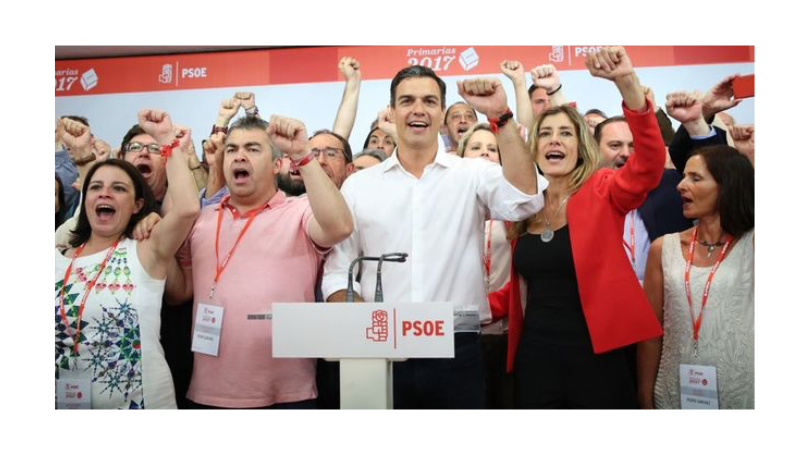Nissan Shtrauchler
Israel Hayom, July 1, 2025
“Spain wasn’t involved in the Holocaust, so there’s little awareness of what antisemitism can lead to. And the Inquisition happened long ago. Many people here are kind and friendly, but they’re used to hating Israel.”
This latest diplomatic spat is part of an unprecedented anti-Israel campaign Sánchez has spearheaded in recent months. In May, he was an honored guest at the Arab League summit in Baghdad, where he joined the chorus of condemnation against Israel. In April, he canceled Israeli arms deals worth hundreds of millions of euros, called for Israel to be disqualified from the Eurovision Song Contest, and led a failed effort to suspend Israel’s trade agreements with the European Union. These moves came under pressure from far-left parties Sumar and Podemos, whose continued support is essential to Sánchez’s minority government and who have conditioned that support on escalating hostility toward Israel.
Sánchez is navigating a turbulent period, with his hold on power increasingly tenuous. The crisis began with a corruption scandal involving a party insider, adding to earlier scandals implicating his wife and brother. At one point, ministers in his government even spread baseless claims about a police officer plotting an assassination attempt against him. At a NATO summit, Spain was the only country to refuse to comply with the alliance’s new budgetary demands, again due to pressure from left-wing factions. US President Donald Trump warned that “Spain will pay double” and threatened sanctions.
Sánchez’s abrupt anti-Israel pivot, as he had previously made few comments on the subject, can be explained by the influence of his coalition partners. His government is entirely dependent on the far-left: Sumar, whose former deputy prime minister Yolanda Díaz declared that “Palestine will be free from the river to the sea,” and Podemos, which last year conditioned its budget support on severing all ties with Israel. In a cynical political maneuver, Podemos bundled a party vote on cutting ties with Israel with a promise to reduce housing costs by 40%, winning 89% support. The anti-Israel obsession of Sánchez’s partners has become a political bargaining chip, and he appears willing to pay any diplomatic price to stay in office. This hostile policy is likely to persist until the next elections in 2027, unless Sánchez is ousted earlier due to corruption scandals or escalating conflicts with the US and Europe.
But does the government’s stance reflect public opinion in Barcelona and Madrid? Is hatred of Israel as widespread as in Ireland or as mainstream as in parts of Norway? …SOURCE


